Ukraine criticizes Germany for blocking its orders for weapons placed via NATO
ShareTweetShareSaveShortly after taking over the reins of the German Defense Ministry, Christine Lambrecht made resolutely strong remarks against Moscow, while Russian troop movements were still observed near Ukraine.
Thus, in an interview given to the German weekly Bild am Sonntag on December 19, Ms. Lambrecht said that the head of the Kremlin, Vladimir Putin, should "personally feel the consequences" of his actions and no longer be allowed to “shopping on the Champs Elysée in Paris”. And to add that the European Union [EU] must "use all the tools at its disposal" to sanction Russia in the event of an offensive against Ukraine.
In addition, the new minister has not ruled out a possible dispatch of German troops to Ukraine, on the condition, however, that such a measure be "closely coordinated" within NATO and that "all other options, including economic and diplomatic sanctions” are “exhausted”.
His Foreign Ministry counterpart, Annalena Baerbock, did not go that far. If, on December 22, she expressed her "great concern" after the Russian President, Vladimir Putin, spoke of "adequate military and technical measures of retaliation" in the event that NATO continued to have an attitude that he considers hostile towards his country, the head of German diplomacy also insisted on the need for a dialogue with Moscow.
It is important that we return to the negotiating table 'with Russia' within the framework of the Normandy format '[which also brings together Germany, France and Ukraine],' she said. We must also use the possibility offered within the framework of the NATO-Russia council "to "talk together and contribute so that we can prevent a new escalation", she continued, when she had just sent the one of his secretaries of state in Kiev in order to express Berlin's solidarity with the Ukrainian authorities.
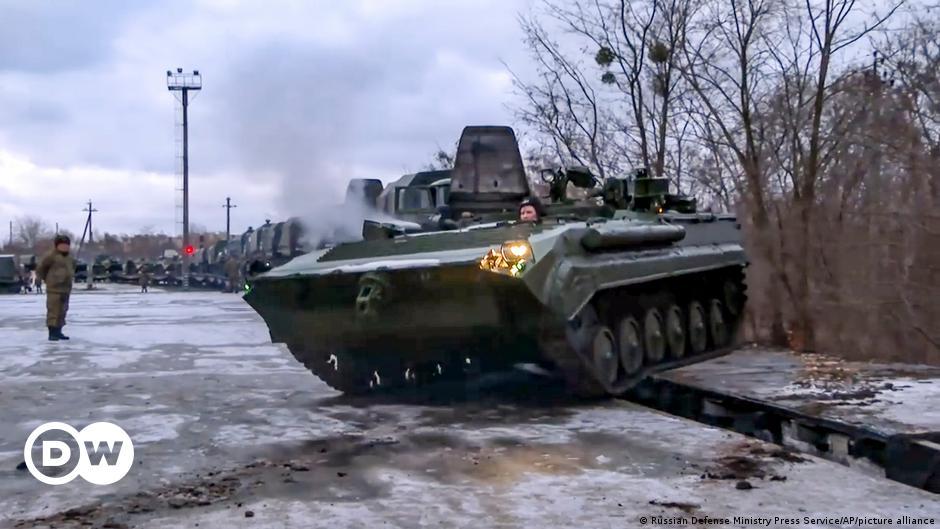
Earlier, however, Ms Baerbock had put the Nord Stream 2 gas pipeline in the balance. In view of the security context, "it was agreed between the Americans and the former government [of Angela Merkel]" that in the event of a new escalation, this gas pipeline could not enter into service, "she recalled on December 13. , on ZDF.
On this point, however, the new German Chancellor, Olaf Scholz, was more ambiguous, leaving it to the EU to decide the future of Nord Stream 2... But the former government coalition to which he participated as Minister of Finance could also have a disconcerting attitude towards Kiev. In any case, this is how the Ukrainian authorities judged her, hoping that it will be different in the future...
Indeed, in mid-December, in an interview with the Financial Times, Ukrainian Defense Minister Oleksiy Reznikov accused Berlin of having blocked the delivery of weapons that Kiev had ordered through the Support Agency and acquisition of NATO [NSPA]. And this because they were considered "lethal", and therefore likely to anger Moscow. At least that was his interpretation of it. Also, he continued, Ukraine “will accordingly seek to procure arms through bilateral agreements with allies, including the United States, the United Kingdom, Lithuania and France.”
As for the weapons in question, these are 90 American-made Barrett M82 sniper rifles and 20 Lithuanian-produced EDMS4S-UA anti-drone systems. And, according to the explanations of the NSPA, the consensus of all NATO members is required to be able to make deliveries of such equipment.
Ukrainian President Volodymyr Zelensky later echoed the words of his defense minister in an interview with the daily La Repubblica. “Germany recently prevented us from receiving weapons systems for our defense, within the framework of cooperation with NATO. Any democratic state that has to protect itself against aggression must have the right to acquire this type of defensive weapon,” he argued.
Since then, Berlin has lifted its veto on anti-drone systems… But not on the rest. Hence the comments made on December 28 by Dmytro Kuleba, the Ukrainian Minister of Foreign Affairs, to the RBC news agency.
“For me, this is a fundamental political issue, because there are no restrictions or embargo on arms sales to Ukraine. We are a responsible country on the international arms market. Also, any restriction is imposed not for legal or security reasons, but only for political reasons. I think that when it comes to Germany, such restrictions do not correspond to the spirit and nature of our bilateral relations,” Kuleba argued. And to insist: "I just want to say that we consider this situation to be unacceptable".
It remains to be seen what Berlin will decide, given the current context… The new German Minister of the Economy, the environmentalist Robert Habeck [who is also vice-chancellor by the way] has already declared that the Ukrainian demands for "defensive weapons" would be "hard to refuse".



![PAU - [ Altern@tives-P@loises ] PAU - [ Altern@tives-P@loises ]](http://website-google-hk.oss-cn-hongkong.aliyuncs.com/drawing/179/2022-3-2/21584.jpeg)
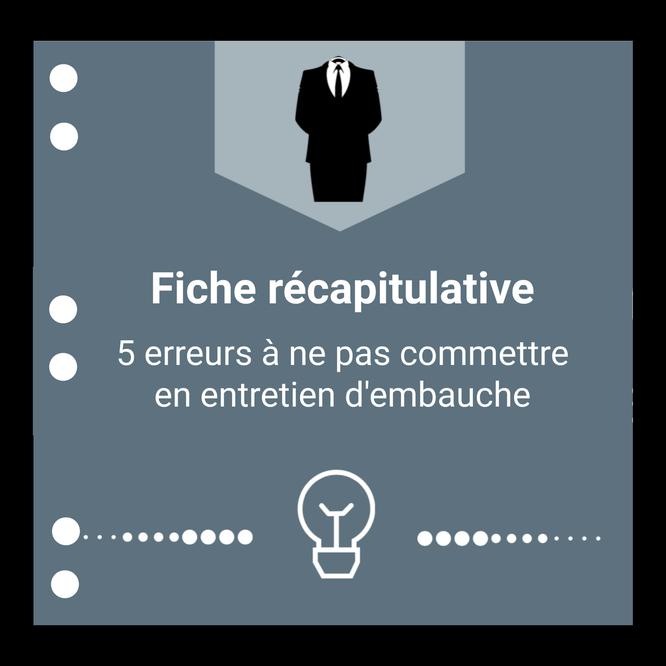
![Good deal: 15% bonus credit on App Store cards of €25 and more [completed] 🆕 | iGeneration Good deal: 15% bonus credit on App Store cards of €25 and more [completed] 🆕 | iGeneration](http://website-google-hk.oss-cn-hongkong.aliyuncs.com/drawing/179/2022-3-2/21870.jpeg)
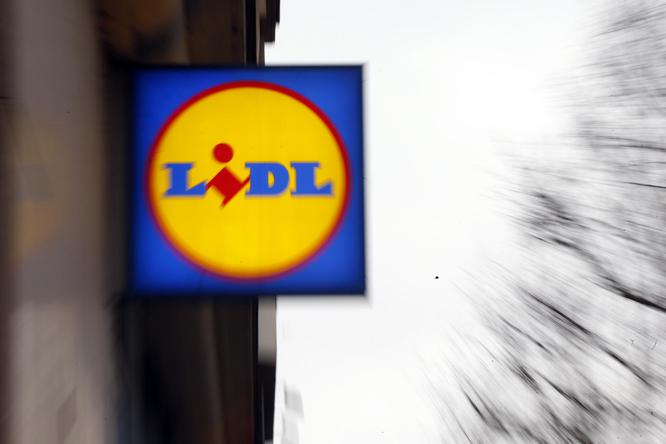
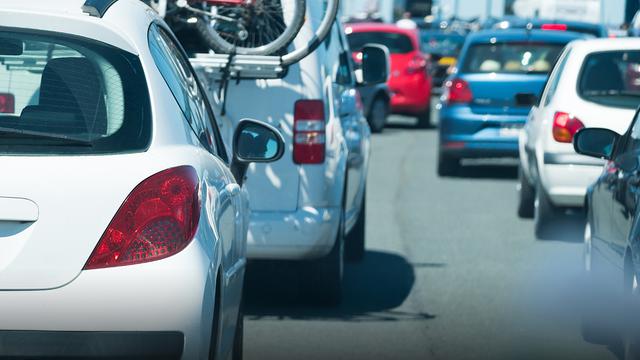
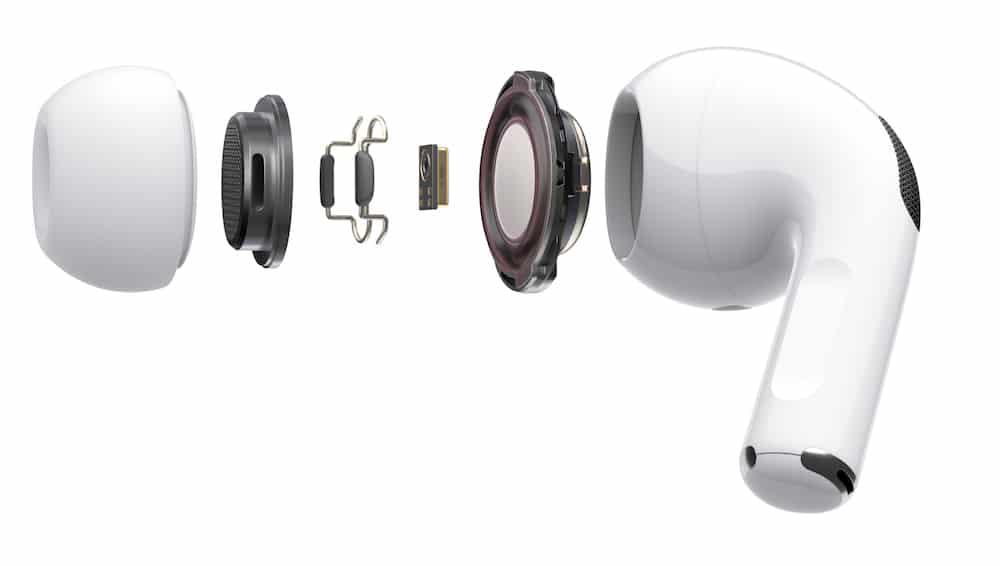


Related Articles